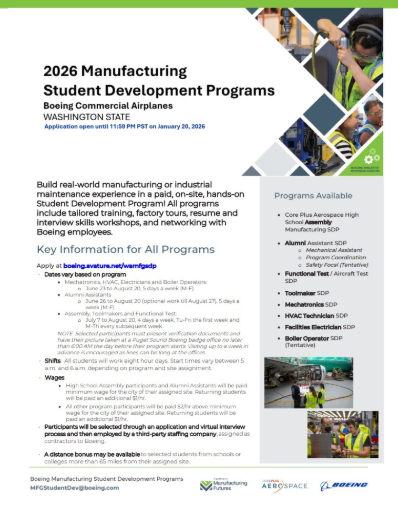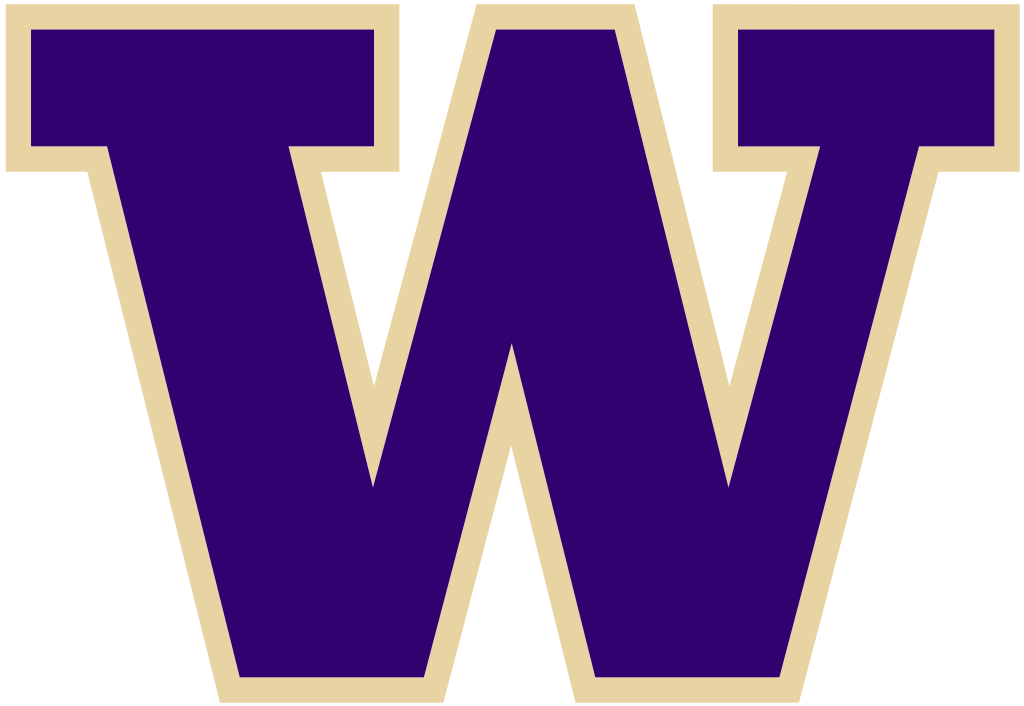
I interviewed Daidre about working in finance as an accountant and bookkeeper. What is bookkeeping? Bookkeeping is the groundwork of collecting data, and accounting involves analyzing that data to provide insights and help guide business decisions. I think this topic is important because many teens are wondering what they want to do outside of high school and are exploring different career options.
What is bookkeeping?
Bookkeeping is the process of recording all financial transactions for a business, from expenses to revenue, in an organized and accurate way. It’s about creating a clear, detailed record that shows the business’s financial position at any given time. My role involves tracking every transaction, whether it’s a sale, purchase, or payment.
What are some tips you can give a high school student who wants to work in finance in the future?
Some tips I would give to a high school student who is interested in finance include building a strong foundation by excelling in math, statistics, and economics. Although this isn’t required for you to do, it is important because when you work in finance, you work with lots of numbers and have to do lots of math. Also, if your school provides it, start getting interested in clubs that have something to do with finance.
What’s your favorite part about working in finance?
One of the best parts of working in finance is the constant challenge and learning. Markets are always moving, and no two days are the same, which keeps things interesting. Plus, finance gives you a front-row seat to how companies operate and make strategic decisions, whether that’s through analyzing financial statements or evaluating market trends.
What inspired you to pursue this profession?
I was drawn to finance because of its unique analysis, strategy, and impact mix. Early on, I was always curious about how companies grew, made decisions, and responded to changes in the market. As I learned more, I realized finance wasn’t just about numbers—it was about understanding businesses, markets, and even human behavior. I also loved the problem-solving aspect; there’s a thrill in analyzing data, spotting trends, and making predictions that have real-world outcomes.
Have you ever thought about not working in finance?
There are times when I’ve wondered what life would be like outside finance, especially during those intense, high-pressure periods. The pace can be relentless, and there’s a lot of responsibility riding on your analysis and decisions. But honestly, that’s also what makes it rewarding. The chance to work with complex data, influence key decisions, and see direct results keeps me engaged.
What’s the biggest challenge you face while working in finance?
The biggest challenge I faced while working in finance was managing the constant pressure and high expectations. Decisions here are fast-paced and high-stakes, with a lot riding on accuracy and timing. You’re always dealing with uncertainty. Markets can shift suddenly, or a model might not play out as expected. Sometimes unpredictable clients require flexibility and resilience, but navigating these pressures is also part of what makes finance so dynamic and rewarding.
What do you think makes a good bookkeeper, and how do you show that in your work?
A good bookkeeper has strong attention to detail, a solid understanding of accounting principles, and a commitment to accuracy. It’s about ensuring every transaction is recorded correctly so that the financial picture is clear and reliable. Staying organized and having a systematic approach is essential, as well as being able to spot inconsistencies quickly. In my work, I show this by double-checking entries, staying up to date on accounting software, and always having a structured workflow. I also prioritize communication, keeping clients informed and explaining things clearly, so they trust that their financial records are in good hands.
How do you decide what to work on first when there are a lot of tasks to do?
When there’s a lot on my plate, I prioritize tasks based on urgency, impact, and deadlines. First, I tackle anything time-sensitive, like month-end reports or client deliverables. Then, I focus on tasks that have the highest impact on our goals or that require deeper analysis. I try to address these while my focus is fresh. I also set aside some time to handle smaller, but important tasks, like emails or quick updates, so nothing slips through the cracks. It’s all about balancing urgent needs with high-priority projects to keep things moving smoothly.
How do you ensure you follow accounting rules and company policies in your work?
To make sure I follow accounting rules and company policies, I stay up-to-date on industry standards and any updates to financial regulations. I review guidelines regularly, and I use checklists and templates to make sure each step in my process aligns with company policy and accounting principles. When I’m unsure about a particular rule, I double-check with resources or consult with colleagues to confirm I’m on the right track.
How long are payroll days?
Payroll days can be longer than usual, especially close to the deadlines. There’s a lot of detail involved—reviewing hours, checking for any overtime or deductions, and making sure everything complies with tax and labor regulations. Typically, it can take a full day or more depending on the number of employees and any last-minute adjustments that need to be made. It’s essential to be thorough to avoid any errors that might affect employees’ pay, so while payroll days can be demanding, it’s worth the extra care and focus to ensure everything is accurate.
Is there anything else you would like to add?
No! I think that’s it. I would just like to remind everyone that if you work hard, good things will come, and to never give up on your dreams.
In conclusion, I think this interview was an eye-opening experience for high school students exploring potential career paths after graduation. By learning about the day-to-day responsibilities, skills, and challenges involved in managing financial records and analyzing data, students can better understand if a career in finance aligns with their interests and strengths. I would also just like to thank Daidre for taking the time out of her day to sit down and answer all these questions. Again, if you want to learn more about finance and are interested, I suggest joining school clubs or taking business classes here in Renton, such as DECA or the student store class!












